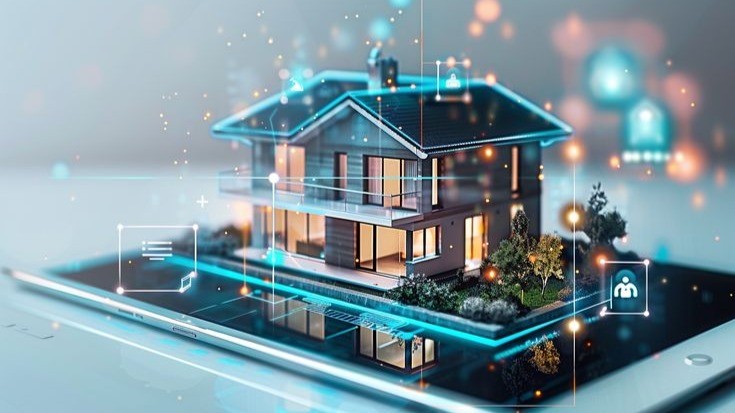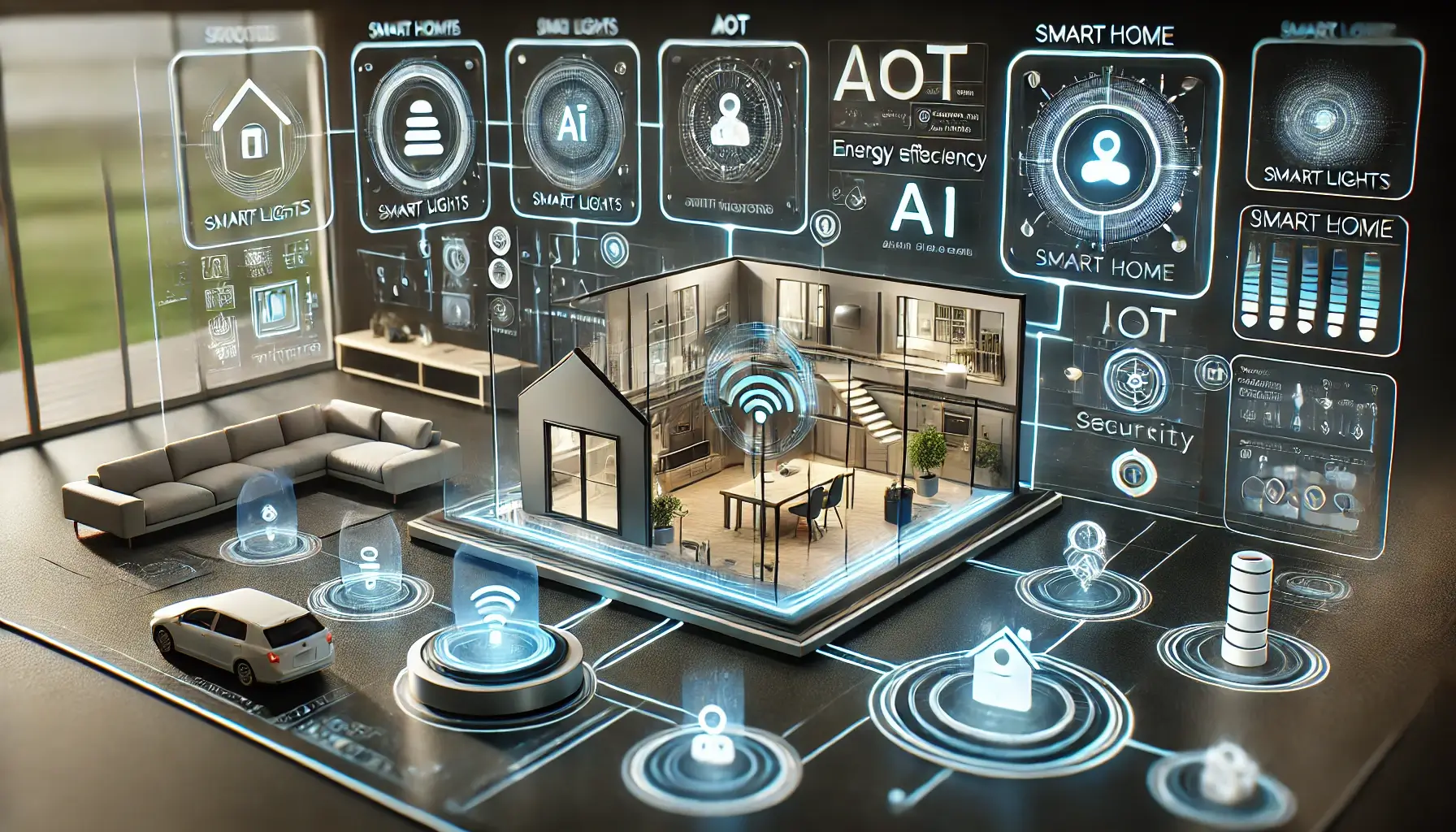Smart homes powered by AI redefine real estate with innovation, sustainability, and lifestyle-focused technology.
The real estate industry has always been shaped by technology, but in 2025 the game has completely changed. Homes are no longer just physical spaces where people live—they are becoming smart ecosystems powered by artificial intelligence (AI). Buyers, sellers, and investors are seeing how these advancements are reshaping the market, and it is quickly becoming one of the hottest trends in real estate.
One of the biggest changes comes from AI-driven home automation. Today’s smart homes are equipped with systems that control lighting, temperature, security, and even kitchen appliances with voice commands or automated scheduling. These features go beyond convenience; they create energy efficiency, reduce waste, and add long-term value to properties. For homebuyers, a house with integrated smart technology is not just appealing—it’s becoming an expectation.
In 2025, AI has also transformed the home-buying process. Virtual assistants powered by AI now help buyers search for properties based on their lifestyle, budget, and personal preferences. Instead of browsing through hundreds of listings, buyers can get customized recommendations that fit their exact needs. AI-powered virtual tours let clients explore properties from anywhere in the world, making the process faster and more interactive.
For real estate investors, smart technology has become a key factor in property valuation. A home with AI-driven security systems, solar integration, and energy-saving technology is seen as a future-proof investment. With sustainability becoming a global priority, these features significantly raise property demand and resale value. In fact, eco-friendly smart homes are among the fastest-growing sectors in real estate today.

Another major trend is the integration of predictive analytics. Real estate agencies and developers are using AI to analyze market trends, property values, and buyer behaviors. This allows them to predict shifts in demand and make better investment decisions. Homeowners can also benefit from predictive technology that monitors building maintenance, helping prevent costly repairs before they happen.
AI is also transforming the rental market. Landlords are using automated systems to handle tenant applications, rent collection, and maintenance requests. Smart locks and digital entry systems allow for seamless move-ins and improved security. Tenants benefit from smart living environments where everything from Wi-Fi settings to climate control can be managed instantly through mobile apps.
The luxury real estate sector has also embraced AI and smart technology. High-end properties now feature advanced AI-driven designs that adapt to their owners’ lifestyles. For example, smart kitchens can suggest recipes based on what’s in the fridge, while wellness-focused homes monitor air quality, lighting, and even sleep patterns to promote healthier living.
Of course, with these innovations come challenges. Privacy concerns are growing as homes collect more personal data. Buyers want assurance that their information is secure, and developers are under pressure to ensure cybersecurity. As the industry continues to adopt AI, protecting homeowner data will be a top priority.
Despite these challenges, the future of real estate is clearly moving toward smart, AI-powered living. More buyers want homes that not only provide comfort but also align with sustainable and tech-savvy lifestyles. Real estate agents, investors, and developers who embrace this transformation will have a competitive edge in the market.
By 2025, the idea of a “dream home” has evolved. It’s no longer just about location or design—it’s about technology that makes life easier, safer, and more efficient. Smart homes are no longer the future of real estate; they are the present, and their influence will only grow stronger in the years to come.















